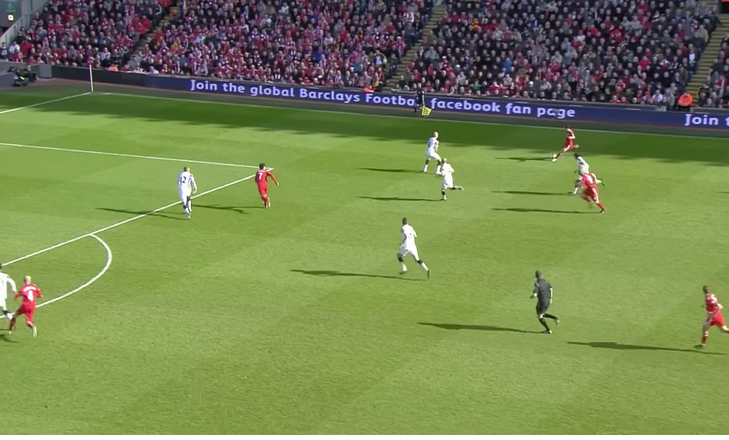Heart attacks are a serious medical emergency that requires immediate attention. While heart disease can be prevented through a healthy lifestyle, it’s important to be aware of the early warning signs of a heart attack. Recognizing these signs and seeking prompt medical care can be life-saving. Dr. John Strobeck, a renowned cardiologist, highlights the key symptoms to watch out for:
Chest Pain or Discomfort
Chest pain or discomfort is the most common symptom of a heart attack. This pain may manifest as a tightness, pressure, or squeezing sensation in the center of the chest. However, chest pain can also radiate to other areas such as the arms (usually the left arm but can also affect the right arm), back, jaw, or stomach. Some individuals may mistake the pain for indigestion or heartburn.
If you experience any form of chest discomfort that lasts for more than a few minutes, it is crucial to call emergency services immediately. Dr. John Strobeck emphasizes that this is especially important if the chest pain is accompanied by other warning signs like shortness of breath or profuse sweating, even when at rest.
Discomfort in Other Areas of the Upper Body
In addition to chest pain, a heart attack can cause discomfort in other areas of the upper body. These may include:
Pain in the jaw, neck, or arms
Pain in the back
Pain in the shoulders (known as shoulder tip pain)
If any of these symptoms occur alongside chest discomfort or pressure, it is vital to seek medical attention promptly.
Shortness of Breath
Shortness of breath can be a sign of a heart attack, although it can also indicate other medical conditions. If you experience sudden difficulty in breathing and simultaneously feel chest pain, it is important to seek immediate medical attention. Shortness of breath during a heart attack is caused by a reduced supply of oxygen to the heart muscle due to blocked or narrowed arteries.
Recognizing the early warning signs of a heart attack is critical for early intervention and treatment. By seeking prompt medical care, potential damage to the heart can be minimized, and the chances of a full recovery are improved.
It’s important to note that these symptoms may vary among individuals, and some people, particularly women, may experience atypical or less pronounced signs. Other potential warning signs of a heart attack include nausea, lightheadedness, cold sweat, and fatigue. Trust your instincts and listen to your body. If you suspect a heart attack, don’t hesitate to call emergency services.
Prevention is always better than cure. Maintaining a heart-healthy lifestyle by adopting a balanced diet, engaging in regular physical activity, managing stress levels, and avoiding smoking can significantly reduce the risk of heart disease and subsequent heart attacks.
Remember, your heart health is in your hands. Be vigilant, educate yourself about the warning signs, and take proactive steps to protect your heart. Your well-being depends on it.



